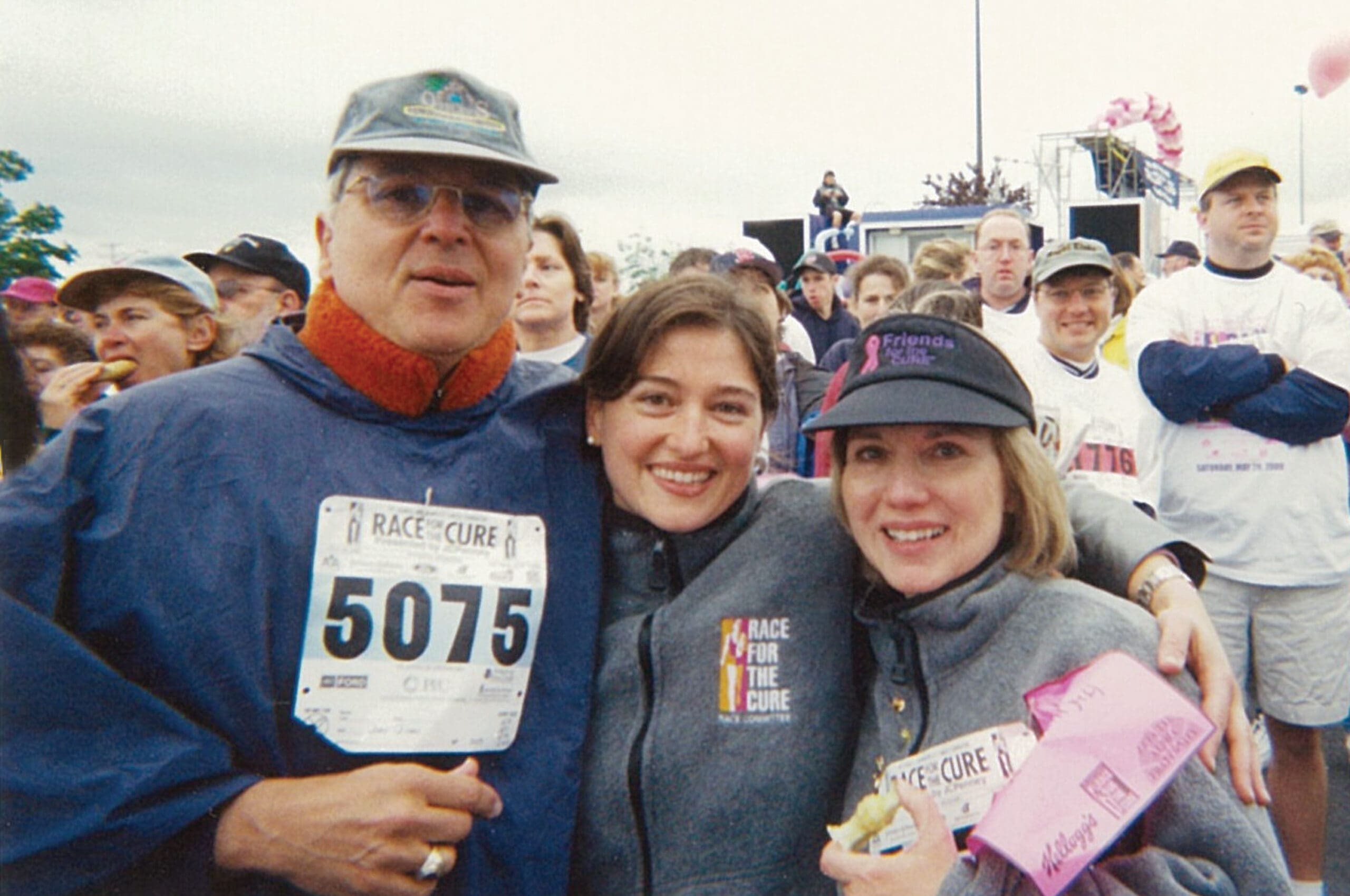Here we are in the thick of Summer in Central New York, and, if you’re anything like me, you’ve been spending as much time as humanly possible in the sunshine. After an unbearably long, cold Winter, we’re filling our days with backyard grilling, beach trips, and plenty of outdoor activities. Getting outside in the summertime has many health benefits. For one, sunlight is a known mood-booster, combating depression and anxiety, and even increasing concentration. The sun also helps our bodies to produce Vitamin D, which strengthens bones, fights osteoporosis, and may even reduce the risk of heart attack and stroke. As with everything in life though, getting a lot of sunlight can be too much of a good thing, especially for those with fair skin and/or a family history of skin cancer.
According to a January 2018 studypublished in The Journal of Clinical and Aesthetic Dermatology, which surveyed 294 patients visiting a Detroit-area dermatology office, most people don’t know the recommended guidelines for proper sunscreen application, including frequency of re-application and time needed before sun exposure. If this is the case for those who have access to a dermatologist, it’s not hard to imagine that the numbers must be even worse for the majority of Americans. The study goes on to point out that, “Skin cancer is the most common cancer in the United States, affecting one in five adults during their lifetime. The incidence of basal cell carcinoma and squamous cell carcinoma is higher than that of breast, prostate, and colon cancers combined.” Melanoma is the third type of skin cancer, and the most deadly. Luckily, it is also the least common form, and, if caught early on, has a high likelihood of being cured.
By now we all know that exposing our skin to harmful UVA and UVB rays increases the risk of developing skin cancer, but did you know that your sunscreen may only be protecting you against UVB rays? The SPF number on your sunscreen bottle refers only to its ability to protect you from UVB rays – the ones that cause sunburn – but unless your sunscreen is labeled “broad spectrum” UVA rays are still being absorbed into your skin. This is a problem because while UVB rays affect the top layers of the skin, UVA rays permeate the deeper layers, causing damage over time that may result in skin cancer. UVA rays are also the biggest contributor of wrinkles and photoaging, so if preventing early signs of aging is an important factor for you, you’ll want to make sure that your sunscreen is blocking both.
Monica Dawidowicz, a New York City-based esthetician, recommends using sunscreen daily, even when it’s cloudy, as harmful rays can still penetrate through clouds. “SPF higher than fifty is usually pointless,” she warns, “Thirty to fifty is the sweet spot, and the safest sunscreen uses zinc oxide rather than a chemical sunscreen that might absorb into your bloodstream.” There are two major active ingredients to look for when choosing sunscreen: zinc oxide and titanium dioxide. Both are minerals that act as physical blockers rather than chemicals, making them ideal for those with sensitive skin and reducing the risk of adverse effects.
This past February, the FDA officially updated its sunscreen regulationsfor the first time in decades. The FDA recommends applying sunscreen fifteen minutes before going out into the sun, and specifies that it takes about a shot glass worth of sunscreen to fully cover the average adult. You should also reapply at least every two hours, and if you aren’t wearing sunscreen at all, stay out of the sun between 10 am and 2 pm.
As far as overall summertime skincare goes, Ms. Dawidowicz says to skip the peels and other invasive treatments. They can wait for the Winter when you won’t be in the sun as often. “It’s good to keep things simple during the hotter, sunnier months. A water-based serum and lightweight moisturizer is the best combo for hot days to keep your face from feeling greasy,” she says. And obviously, don’t forget your sunscreen.





